 By Leia Clarissa Veronica R Veracruz, ACCRA Law
By Leia Clarissa Veronica R Veracruz, ACCRA Law
Crowdfunding (CF) platforms have proven to be a popular way to solicit charitable donations and to raise funds for projects or business ventures. With CF platforms, access to funds has expanded for start-up companies and for micro, small and medium enterprises.
In line with this developing financial innovation, the SEC proposes to regulate CF activities in the Philippines and released its proposed rules and regulations governing CF (Rules) for public feedback. The proposal to regulate CF activities in the Philippines is consistent with the direction taken by other countries, such as the US, Canada and Singapore, which have already established regulations on CF transactions.
The Rules attempt to strike a balance between the dual responsibilities of the SEC to encourage capital formation and to protect investor interests.
To encourage capital formation and in view of the limited character of the public offering through CF, the Rules grant exemption for securities sold or offered through CF from the registration requirement under Section 12 of the Securities Regulation Code (SRC).
On the other hand, to protect investor interests, the SEC incorporated disclosure requirements, registration requirements for intermediaries and funding portals, regulatory framework for intermediaries and post-registration requirements for issuers and intermediaries in the Rules, among others.
Disclosure requirements
Those looking to raise funds (Issuer) will be required to disclose, among others, the nature of their business, financial condition, historical reports of operations, the business plan with respect to the CF offering, the risk factors of investing in its projects, the procedure on how to return funds if the target offering is not met and the procedure to complete or cancel investment commitments.
Registration requirements
Entities that facilitate transactions involving the offer or sale of CF securities through online electronic platforms will be required to register as a Funding Portal.
An applicant Funding Portal, which should be registered with the SEC as a corporation and must have at least Ps50,000 equity, must submit: (i) Registration Statement with information on the principal place of business, legal status and disciplinary history, business activities and types of compensation received by the funding portal, and website address/es; (ii) account opening and disclosure rules; and (iii) business conduct rules.
Entities that mediate in the offer or sale of CF securities will be required to file an application with the SEC and to register as Intermediary.
Only securities brokers registered in accordance with Section 28 of the SRC, investment houses as defined under the Investment Houses Law, and funding portals registered in accordance with Section 30 of the Rules, are eligible to file an application with the SEC and engage as Intermediary in CF transactions.
To register as Intermediary, eligible entities must signify their intention to conduct activities of CF Intermediary and must be able satisfy the criteria set under the Rules.
Regulatory framework for intermediaries
Under the Rules, Intermediaries will be required to: (i) provide investors educational materials; (ii) take measures to reduce the risk of fraud; (iii) provide communication channels to permit discussions about offerings on the platform; (iv) comply with maintenance and transmission of funds requirements; and (v) comply with completion, cancellation and reconfirmation of offerings requirements.
Continuing reporting requirements
Issuers will be required to periodically file with the Commission an annual report on all its CF transactions, the relevant CF Forms within five business days: (i) after the Issuer reaches 50 percent and 100 percent of the target offering amount; (ii) after the Issuer accepts proceeds in excess of the target offering amount; and (iii) after the offering deadline, a disclosure on the total amount of securities sold in the offering.
Intermediaries will be required to keep and maintain records related to CF transactions, which include information related to investors and issuers, records of all communications that occur on or through its platforms, and all daily, monthly and quarterly summaries of transactions effected through the funding portal.
Burdensome and high-cost of compliance
As opposed to traditional, exempt, private placement transactions, which require one-time submission of Form 10.1 (Notice/Confirmation of Exemption) with the SEC, Issuers in CF offerings would have to continuously comply with the Continuing Reporting Requirement and incur costs for the same.
Considering the heavier regulatory burdens and higher compliance costs, in conjunction with the Ps10 million cap on the amount that can be raised through CF, the Rules may create an unintended consequence of disincentivising companies from using CF.
Understandably, the SEC has placed the foregoing requirements to protect the interest of ordinary investors. However, the Rules may have to be revisited to achieve the original intention of providing simple and alternative financing access to start-up companies, without sacrificing the interest of the investing public.
(This article first appeared in Business World, a newspaper of general circulation in the Philippines)
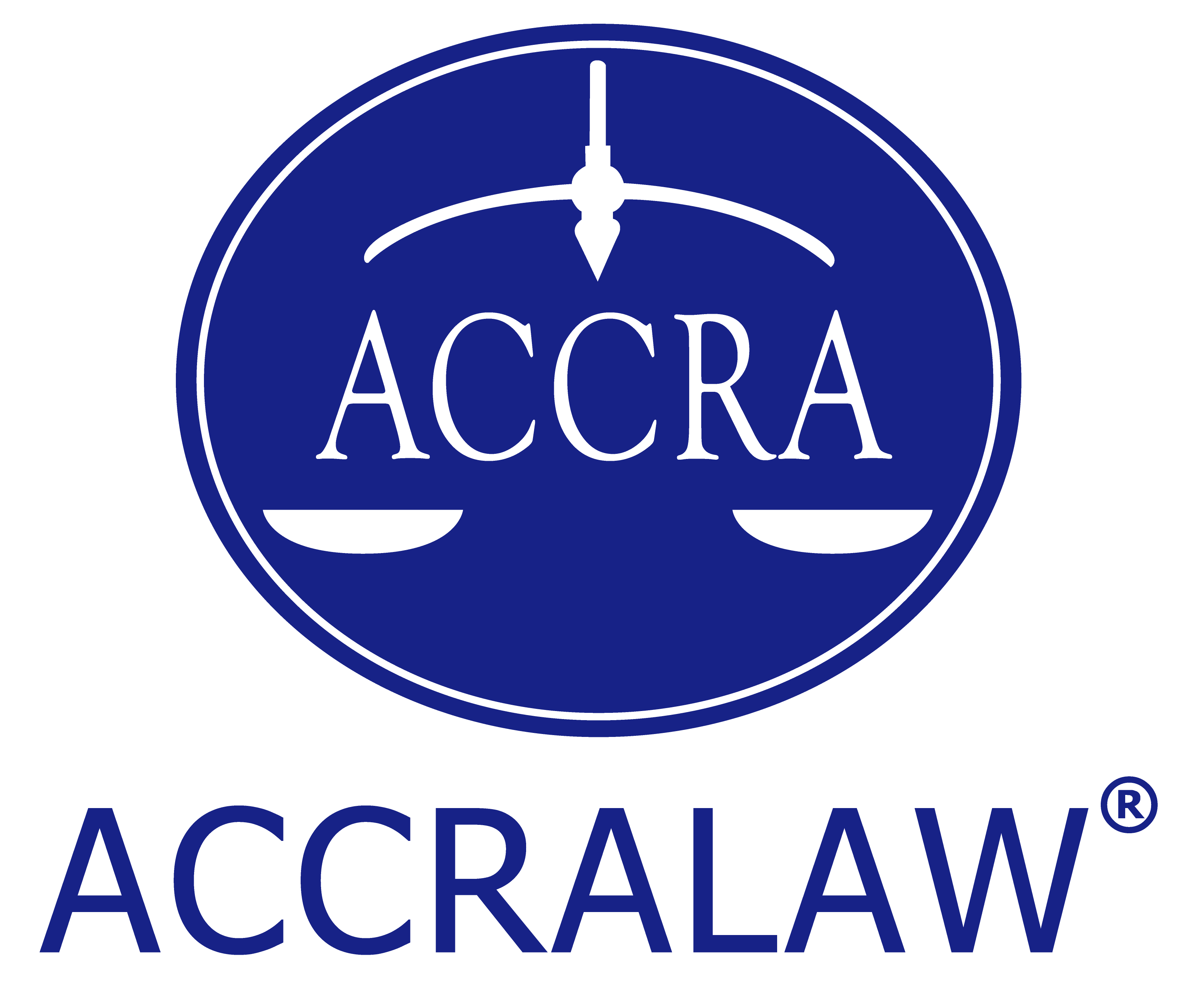
T: (632) 830 8000





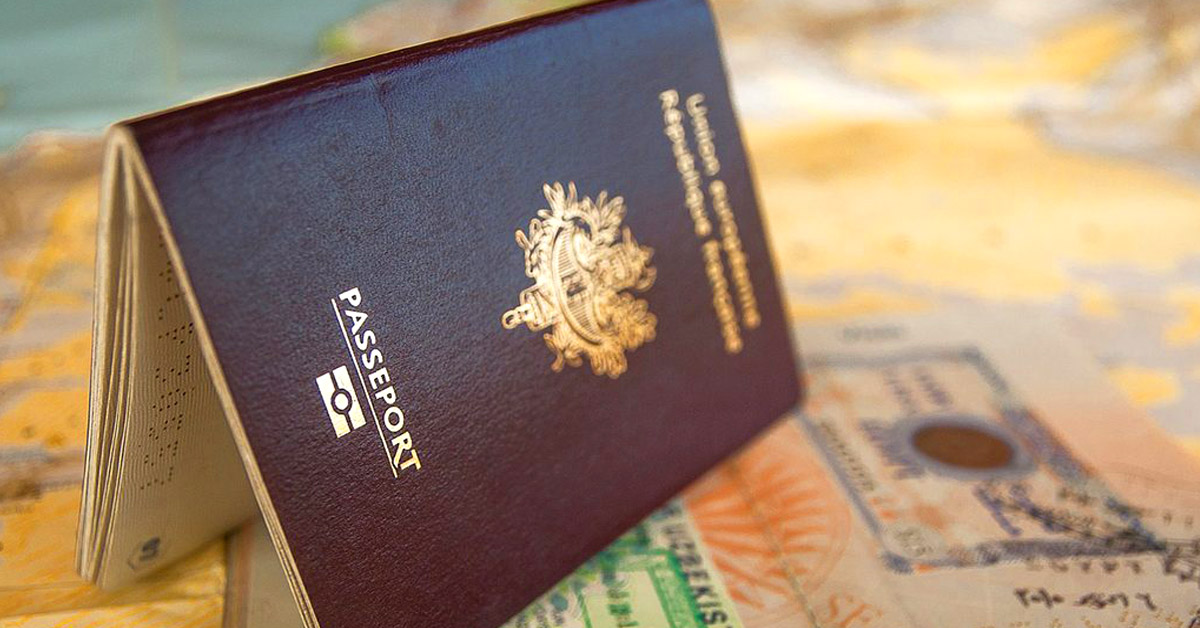
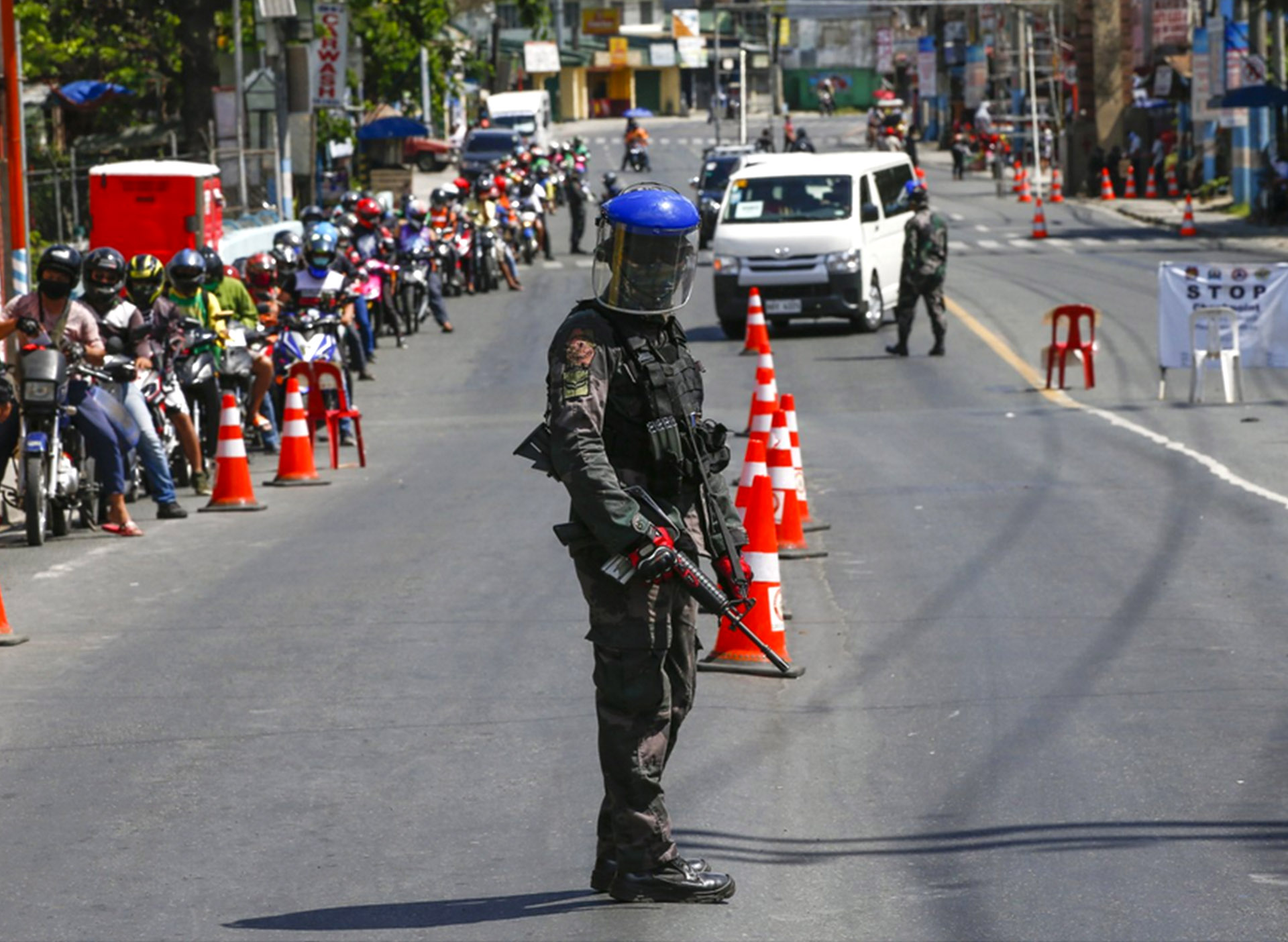












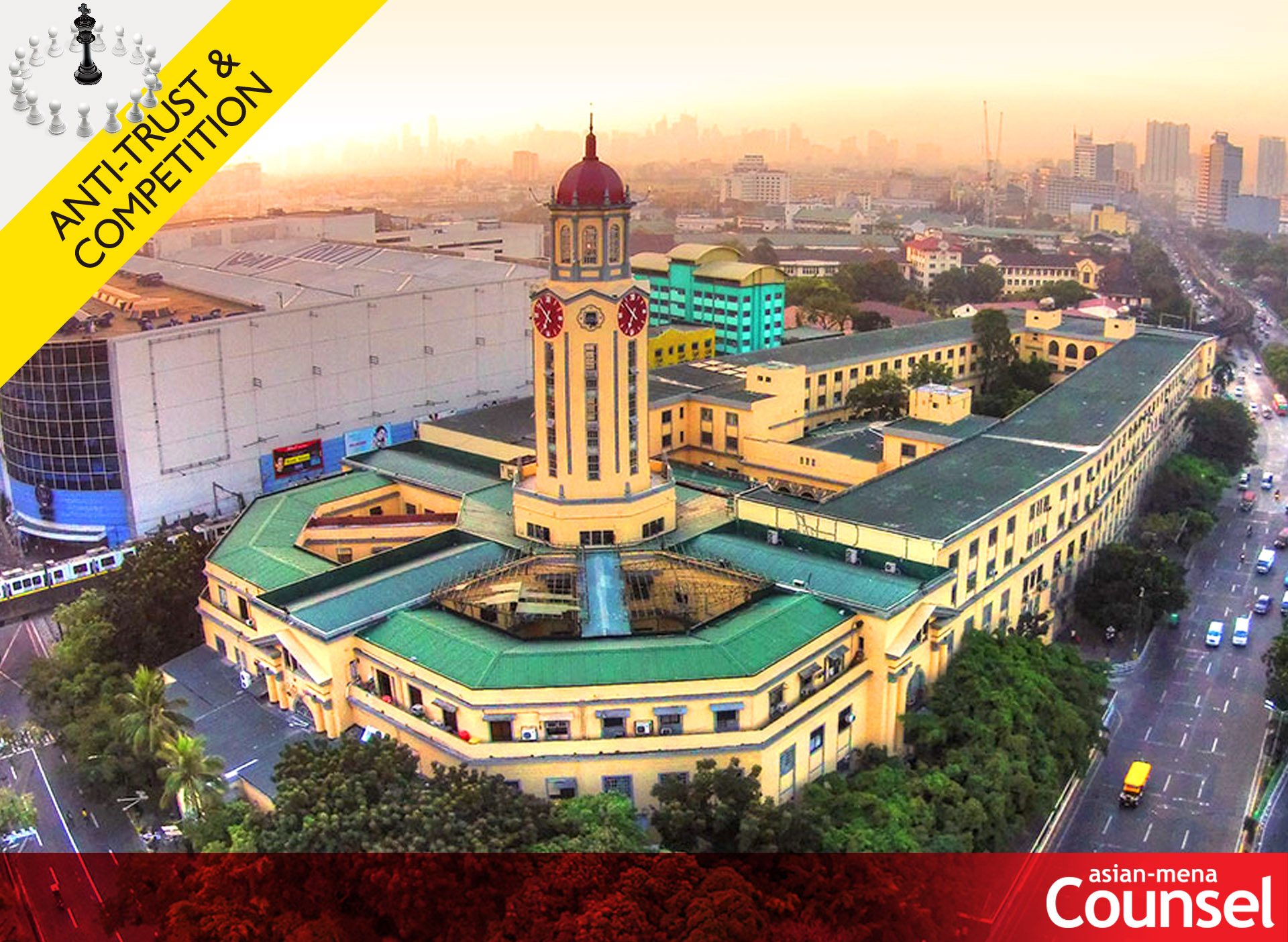












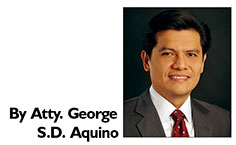






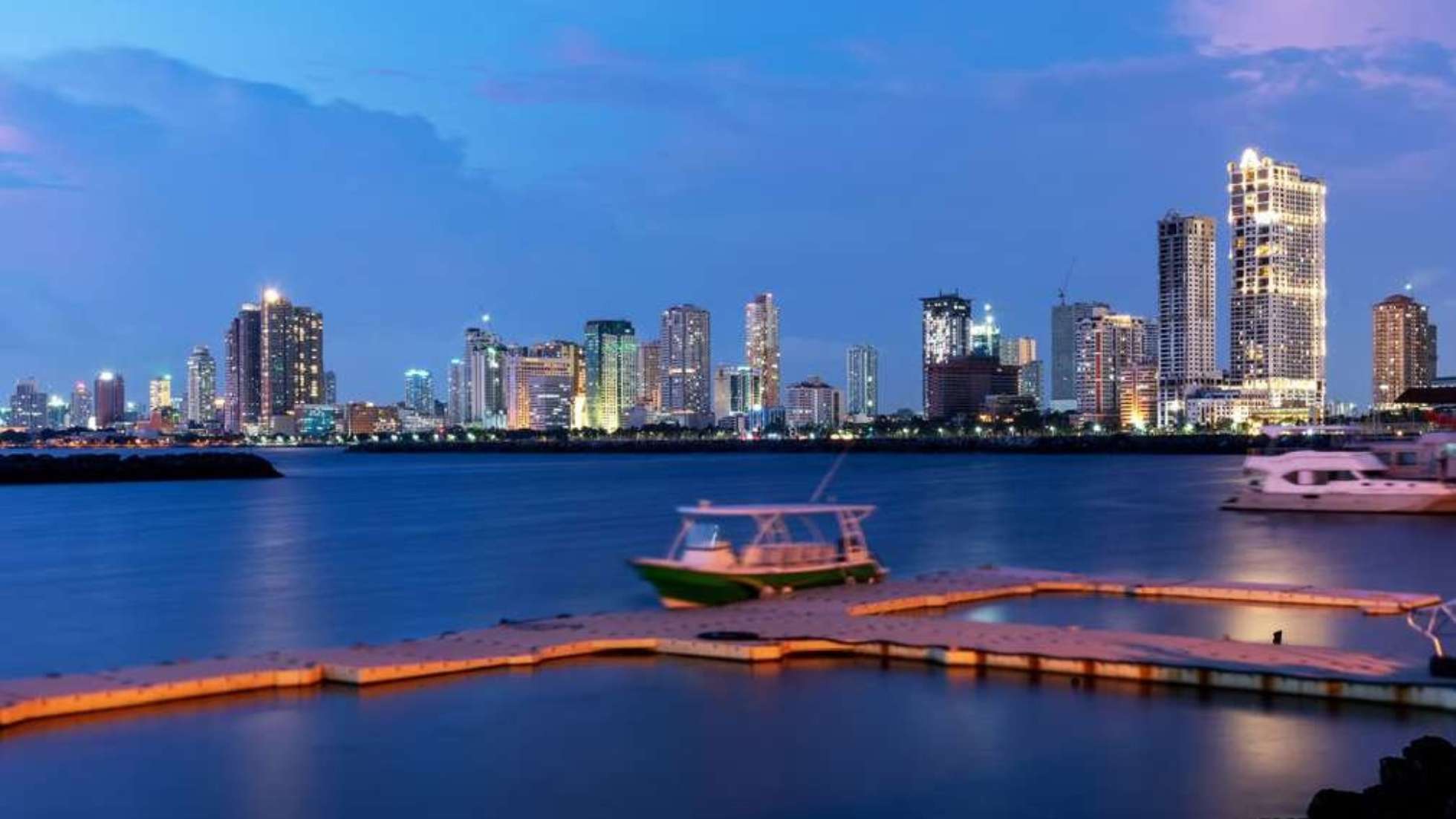


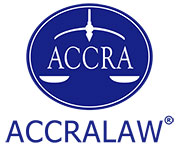 Angara Abello Concepcion Regala & Cruz Law Offices (ACCRALAW)
Angara Abello Concepcion Regala & Cruz Law Offices (ACCRALAW) Emerico O. De Guzman
Emerico O. De Guzman







